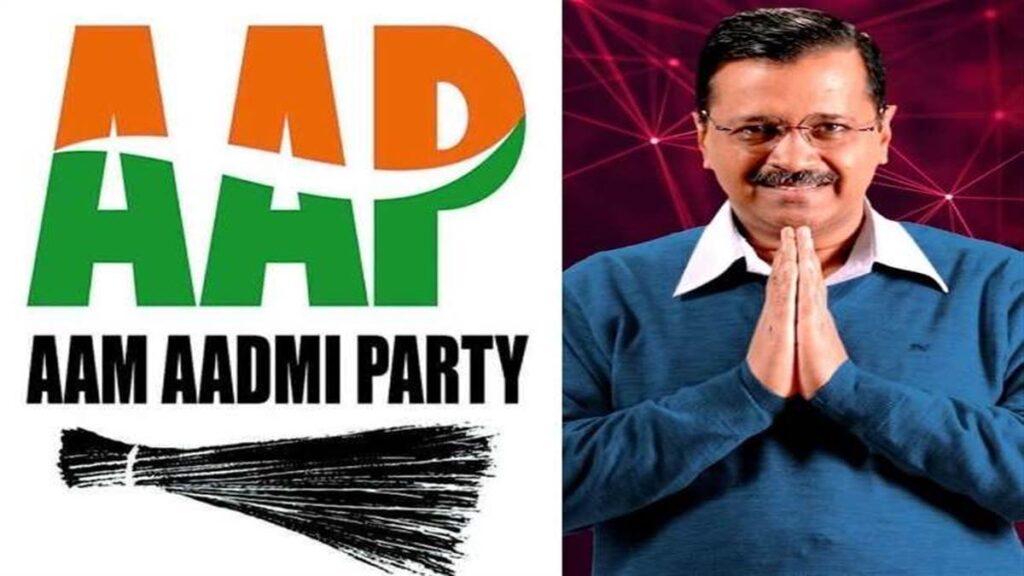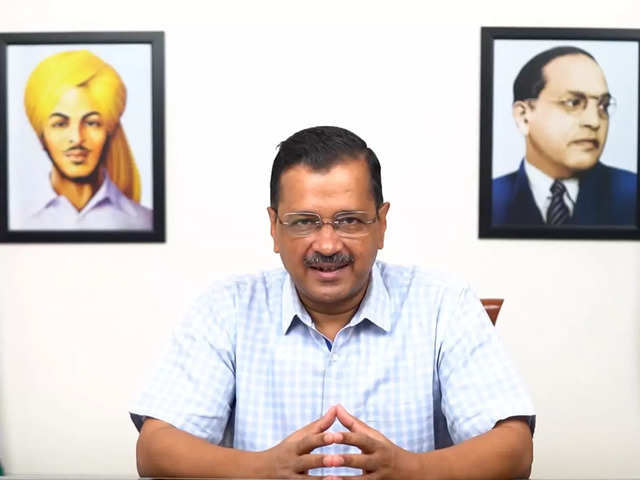Arvind Kejriwal is a big name in Indian politics. He is been in the middle of a lot of arguments, and some people really like him while some do not. He started as someone who fought against bad things happening in the government. Then, he became the leader of Delhi. His journey has had good and bad times, but he is always stuck to his beliefs. He believes in making things clear and fair for everyone, and thats what he works for.
Arvind Kejriwal was born on August 16, 1968 in the small town of Siwani in Haryana, India. He was brought up in honesty and integrity over materialism as were many other middle class families with his mother Geeta Devi and father Govindaram Kejriwal has always insisted on being taught Patin from an early age and takes care of others.
Kejriwal’s academic journey began with stardom throughout his schooling. He earned a degree in Mechanical Engineering from the Indian Institute of Technology (IIT) Kharagpur. After graduating from IIT, Kejriwal took an important decision to prepare for the prestigious civil services exam. His goal was clear: to infiltrate the working class and make a positive difference in the system. His intense preparation and unwavering focus finally paid off as he cracked the exam on his first attempt.
Contents
Indian Revenue Service and Parivartan NGO
Joining the Indian Revenue Service (IRS) in 1995, Kejriwal started his profession as a Tax commissioner. But his preference to address policy problems and empower marginalized sections of society soon led him to take ambitious steps. In 2000, he co-founded Parivartan NGO with like-minded individuals, whose challenge became to address corruption and increase authorities transparency.
Kejriwal’s alternate in leadership has been a beacon of hope for infinite people suffering with bureaucratic crimson tape and corruption. The NGO played a key function in empowering residents to assert their rights and call for accountability from authorities officers via revolutionary grassroots initiatives and public attention campaigns.
Arvind Kejriwal’s Activism and Anti-Corruption Movement
Arvind Kejriwal’s move from authorities to enterprise started out along with his work at the Right to Information (RTI) motion. Along with different activists, he pushed for the RTI Act, which became law in 2005. The Act gave human beings the proper to call for transparency in government functions.
Kejriwal became widely known during the India Against Corruption (IAC) movement, led by Anna Hazare The party referred to as for a strict anti-corruption regulation called the Jan Lokpal Act. Kejriwal played a key position as moderator and speaker. The party garnered overwhelming public guide, and despite the fact that the bill was not surpassed straight away, it sealed Kejriwal’s future politically
Formation of Aam Aadmi Party (AAP)

Riding the wave of the anti-corruption movement, Arvind Kejriwal entered politics and released the Aam Aadmi Party (AAP) in November 2012. The birthday celebration promised to prioritize the needs of common humans and be special from conventional political parties. In their first election in 2013, AAP received 28 out of 70 seats inside the Delhi Assembly and shaped the authorities with the assist of other parties. Kejriwal’s upward push to Chief Minister marked a large shift in Indian politics, displaying that grassroots activism ought to succeed over traditional politics.
2013: Chief Minister of Delhi
On December 28, 2013, Arvind Kejriwal took oath because the Chief Minister of Delhi, marking a historic second in Indian politics. As Chief Minister, he speedy started gratifying his electoral promises, specializing in anti-corruption, stepped forward healthcare, schooling reforms, and sponsored utilities. His tenure noticed innovative initiatives like the advent of mohalla clinics for number one healthcare, improvement of government faculties, and water and electricity subsidies for low-earnings households.
AAP made a spectacular debut in the 2013 Delhi Assembly elections, winning 28 out of 70 seats and forming a government with outside help Arvind Kejriwal’s rise as Prime Minister marked a major turning point in Indian politics, showing the power of grassroots activism in traditional political systems.
During his tenure as chief minister, Kejriwal introduced bold policies and faced major controversies. His government was praised for initiatives such as community clinics to provide affordable health care and improved public schools. The sophisticated on-street distribution system to reduce pollution also underscored its commitment to environmental awareness.
However, the Kejriwal government faced challenges and criticism. There were constant conflicts with the Governor-General over power, there were conflicts with the central government and they said ineffective governance. In addition, accusations that he is inconsistent on issues such as election financing and political fundraising damage his reputation as a principled leader.




